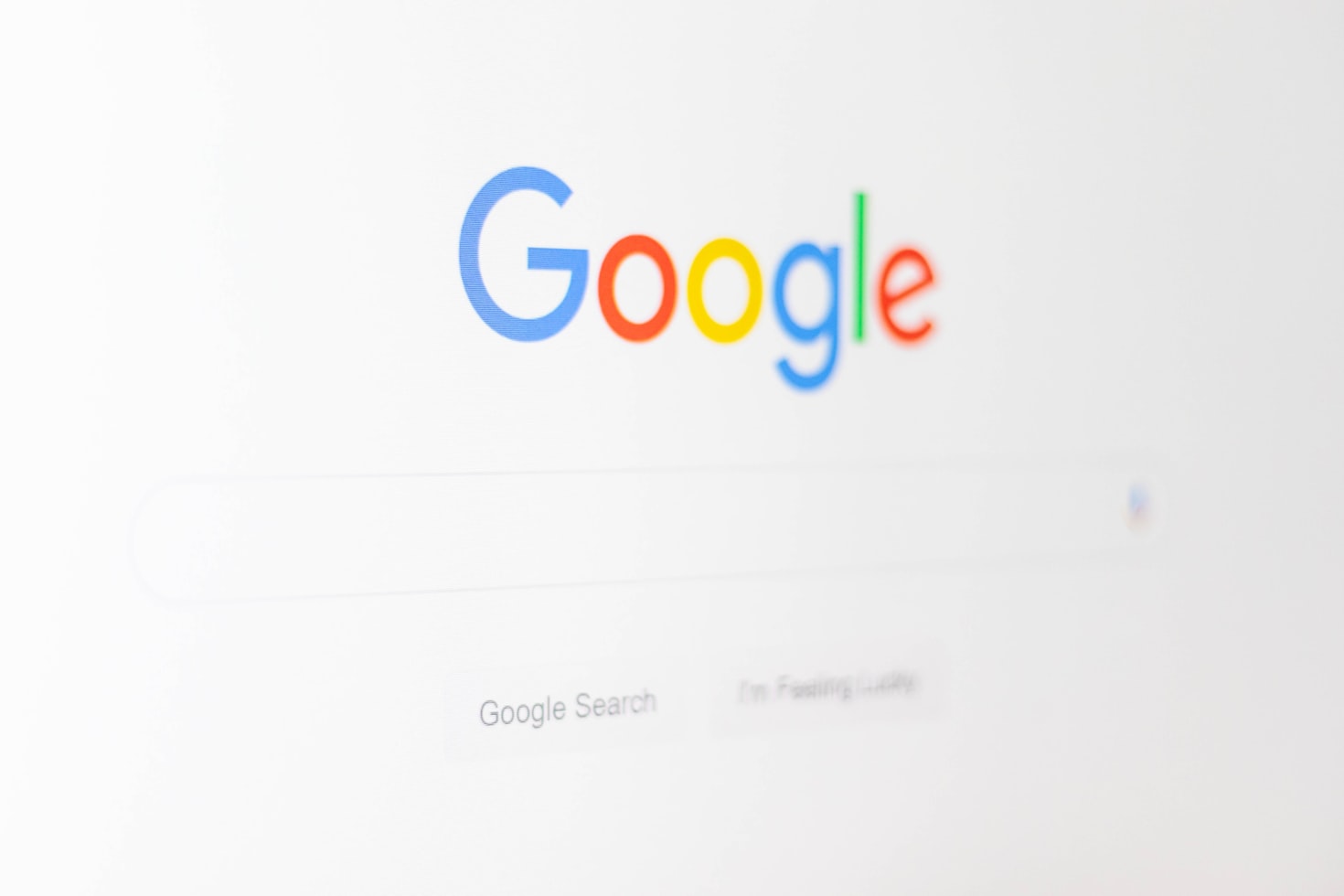In a move to make its services more accessible to Windows users, Google has recently introduced a new application called “Essentials.” This app, designed specifically for Windows laptops, serves as a centralized hub for some of Google’s most popular services, including Google Drive, Google Sheets, Google Messages, and more. By offering a streamlined way to access these services, Google aims to enhance the user experience on Windows-powered devices, particularly for those who frequently use Google’s ecosystem.
A New Hub for Google Services on Windows
The “Essentials” app is currently available on all Windows-powered HP laptops, including models like Spectre, Envy, Pavilion, OMED, Victus, and the upcoming Omnibook series. With this new app, Google has made it easier for users to integrate its services into their daily routines without needing to individually download each app or service.
In a blog post announcing the launch, Google stated that the new app “makes it easier for you to discover and install many of our best Google services” when setting up a new PC. This is particularly beneficial for users who are new to the Google ecosystem or those who want a more organized and efficient way to access Google’s productivity tools and communication services.
Key Features of Google Essentials
The Google Essentials app is designed to be a one-stop shop for accessing a wide range of Google services directly from a Windows device. While Google Play Games has already been available for Windows PCs, the new Essentials app expands on this by offering access to other key services like Google Photos, Google Messages, and Google’s suite of productivity tools, including Google Docs, Sheets, Drive, and Calendar.
One of the standout features of the Essentials app is its flexibility. Google has made it clear that users can uninstall the app or remove specific components at any time, allowing them to customize their experience according to their needs. This user-centric approach is in line with Google’s broader strategy of providing flexibility and convenience to its users.
Additionally, as part of the launch, Google is offering new subscribers a 2-month free 100GB Google One plan. This promotion provides an added incentive for users to explore the full potential of Google’s cloud storage and backup services.
Uncertainties and Future Plans
While the Essentials app brings a host of Google services to Windows laptops, there are still some uncertainties surrounding the app. For instance, it remains unclear whether the services offered through Essentials will be native apps or web-based applications. The user interface of the app has also not been fully revealed, leaving users curious about what the final product will look like.
Moreover, Google has not yet announced the complete list of apps that will be available through Essentials. This leaves room for speculation about what other Google services might be included in future updates. Given the company’s expansive portfolio, users could potentially see the inclusion of other popular tools like Google Keep, Google Meet, and even some of Google’s lesser-known apps.
Another key question is whether the Essentials app will be made available on non-HP laptops. While the app is currently exclusive to HP’s Windows-powered devices, Google has hinted that it plans to expand the availability of Essentials to more laptops and desktops in the “coming months.” This suggests that users of other brands may soon have access to the same streamlined experience that HP users are currently enjoying.
Conclusion
The launch of the Google Essentials app represents a significant step in Google’s efforts to integrate its services more deeply into the Windows ecosystem. By providing a centralized hub for accessing a variety of popular Google services, the app simplifies the user experience and makes it easier for people to leverage Google’s powerful tools on their Windows devices.
As Google continues to refine and expand the Essentials app, it will be interesting to see how the company addresses the current uncertainties and what additional features or services may be introduced. For now, HP users have the opportunity to be among the first to experience this new way of interacting with Google’s ecosystem on their Windows laptops, with the promise of more to come in the near future.
Also Read : Google Recruits Character.AI Founder Noam Shazeer as Co-Lead of Its AI Initiative 2024
